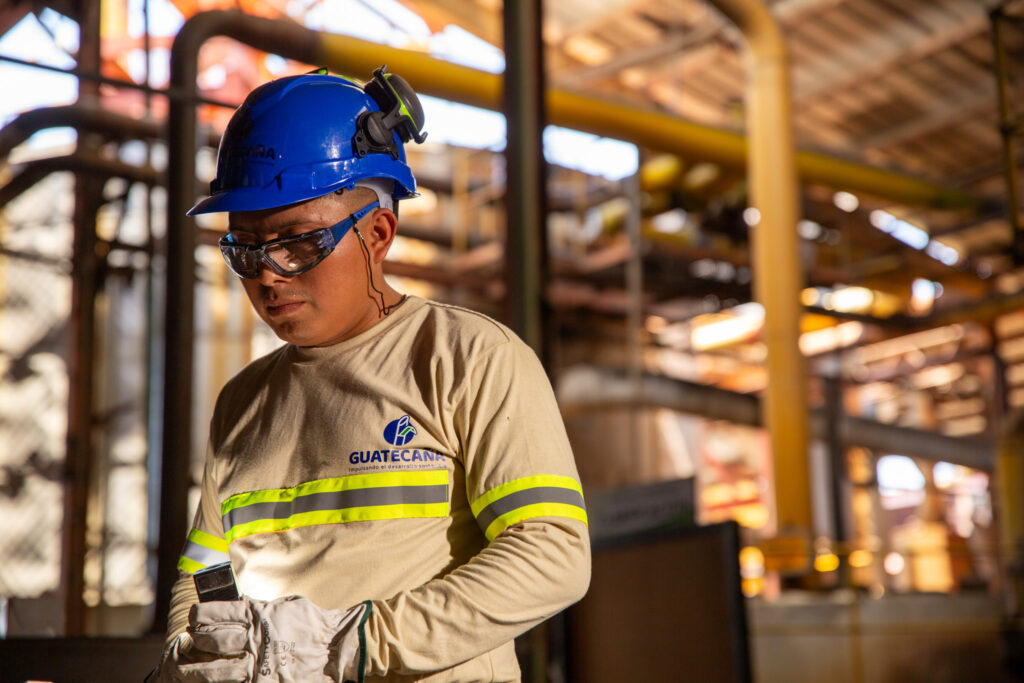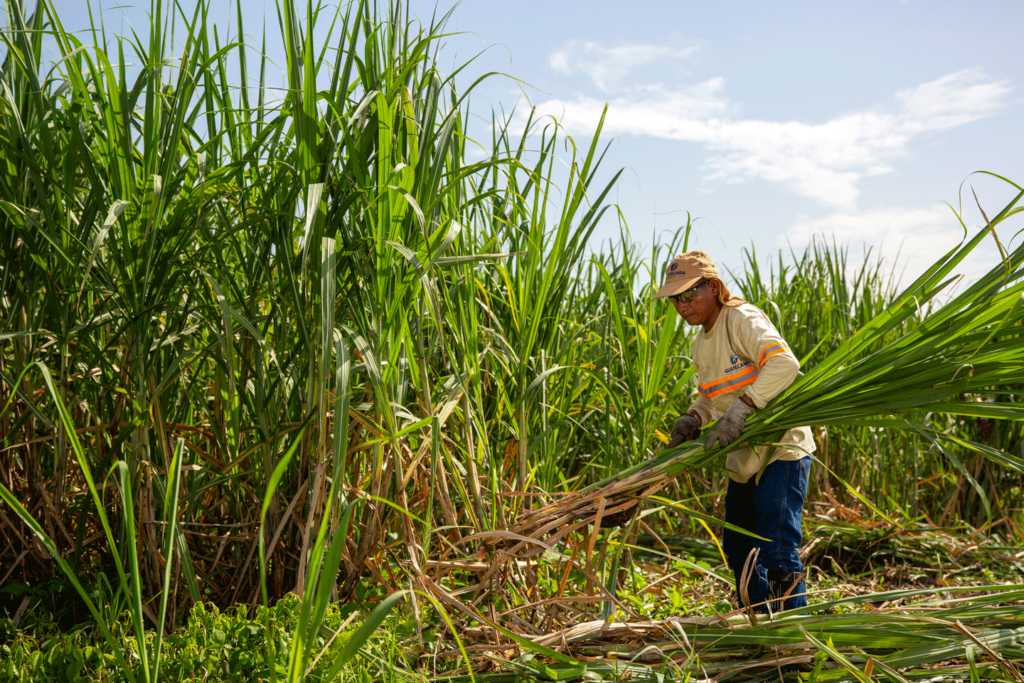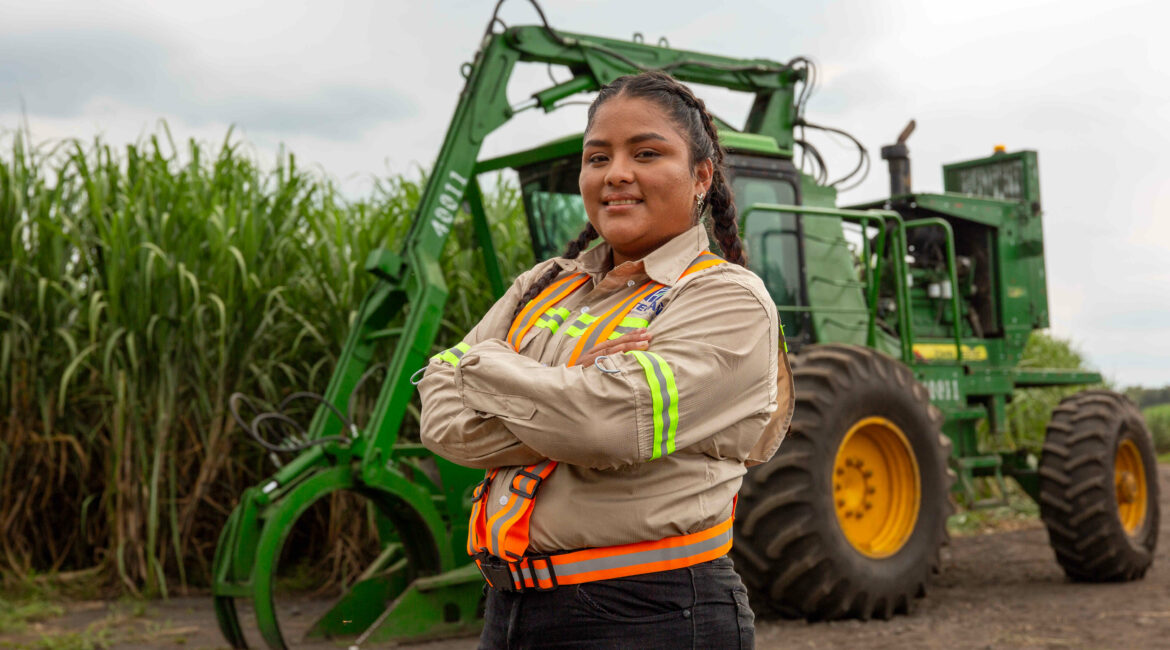The sugarcane agroindustry in Guatemala, under its renewed identity as Guatecaña, is promoting an operating model focused on sustainability with an emphasis on environmental, social and ethical commitments through its Sustainability Strategy 2023-2033.
Guatecaña’s environmental commitment is reflected in concrete actions: the implementation of efficient irrigation and water recirculation systems has allowed the crop’s water footprint to be 50% lower than the world average reported by producers in other countries, thanks to efficient irrigation and water recirculation systems.
In addition, the generation of renewable energy during the harvest covers 30% of the national electricity demand, avoiding the emission of 3.7 million tons of CO₂ each year. In addition, reforestation and forest recovery efforts have resulted in the planting of 8.8 million trees to date. These actions promote agriculture without compromising resources for the future.
In the social area, Guatecaña promotes programs that directly benefit communities and collaborators. Initiatives such as “Mujer de Caña” strengthen female participation, while educational and nutritional programs seek to reduce child malnutrition and improve school attendance in priority areas. The annual awarding of university and technical scholarships to young people on the southern coast also promotes access to decent employment and local entrepreneurship.
In addition to this, the sector potentiates its raw material, sugarcane, which is converted into renewable energy, molasses, alcohol, organic fertilizers and more, as well as a source of transformation of lives, as it currently generates 52 thousand direct jobs and more than 250 thousand indirect jobs, contributing to the development and welfare of thousands of Guatemalan families.


On the other hand, ethical commitment guarantees a transparent value chain, with zero tolerance for child labor and responsible business practices. Guatecaña works with its suppliers to adopt labor and environmental standards.
Through strategic alliances with national organizations and collaboration with initiatives such as Global Compact, Guatecaña demonstrates that its commitments are not only sustainable, but also replicable and scalable, thus consolidating its role as an engine of economic, environmental, and social development in Guatemala.

